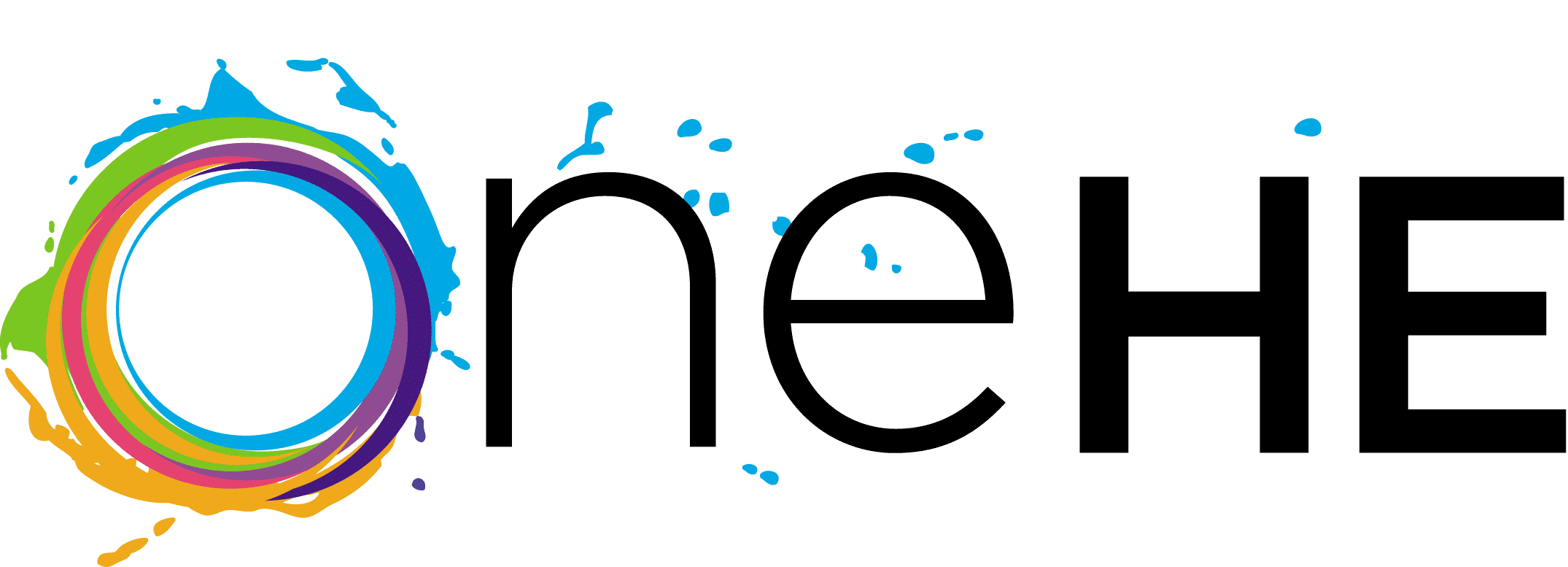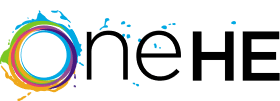Click here to view the video transcript
Privilege means having access to valued resources, benefits and rights that are denied to others simply because of the social identities and groups that we belong to. It’s not about who we are as individuals. When I say social identity groups, I’m referring to aspects such as race, gender, sexuality, cisgender, disability, ethnicity, et cetera. And it’s very context-specific, depending upon where you live, your culture, your country. And some places, for example, religion may be the greatest basis upon which systems of a privileged impression work.
Let me share an example. Imagine that you’re standing on a moving walkway in an airport. You step on and you’re pretty secure that it’s gonna move you forwards towards your destination. You may set your luggage down, and you don’t have to move. You can just stand there and it will take you where you will need to go. That’s privilege. On the other hand, imagine that you’re having to walk in the opposite direction to get to where you’re going. You’re having to run, you’re having to pick up that luggage and carry it. You’re having to weave in and out of the people going in the opposite direction. And of course, some people will stumble, will be injured and some won’t make it to the other side. That’s how privilege and oppression operates in our lives.
So when we think about how privilege impacts our lives, we’re talking about the little things, the things that we experience on a daily basis, but we’re also thinking about the big things, the matters of life and death, and are opportunities. For example, who is able to pass down intergenerational wealth to their children? Who inherits money that will pay for their education or maybe a down payment on their house? Who has received adequate healthcare and quality healthcare throughout their lives? Who has been able to go to private day schools and universities, paid for by their families? That is the way in which privilege operates on a much larger scale in terms of shaping our well-being and our life chances.
We all live in societies shaped by relations of power. Within this context, everyone benefits from some form of privilege based on their context-specific social identities, such as race, gender, sexuality, or dis/ability. We are often unaware of the privileges we benefit from, and instead tend to focus on those identities that disadvantage us. Privilege has been likened to an “invisible knapsack” (McIntosh, 1989) of benefits that one can count on to open doors and avoid obstacles, based not on anything they have done, but simply because of their membership in advantaged identity groups. Privilege operates in a myriad of ways, ranging from our daily interactions and experiences to institutional inequities in education, pay, healthcare, and more. It is a social phenomenon, rooted in institutions and systems. Therefore, it is not something one can refuse. However, awareness of our privilege will help us to create more inclusive learning environments.


Discussions
What steps can we take to recognise our own “invisible knapsacks?” How do you see developing awareness of privilege(s) as the gateway to more inclusive learning environments?
Please share your thoughts and questions in the comments section below.